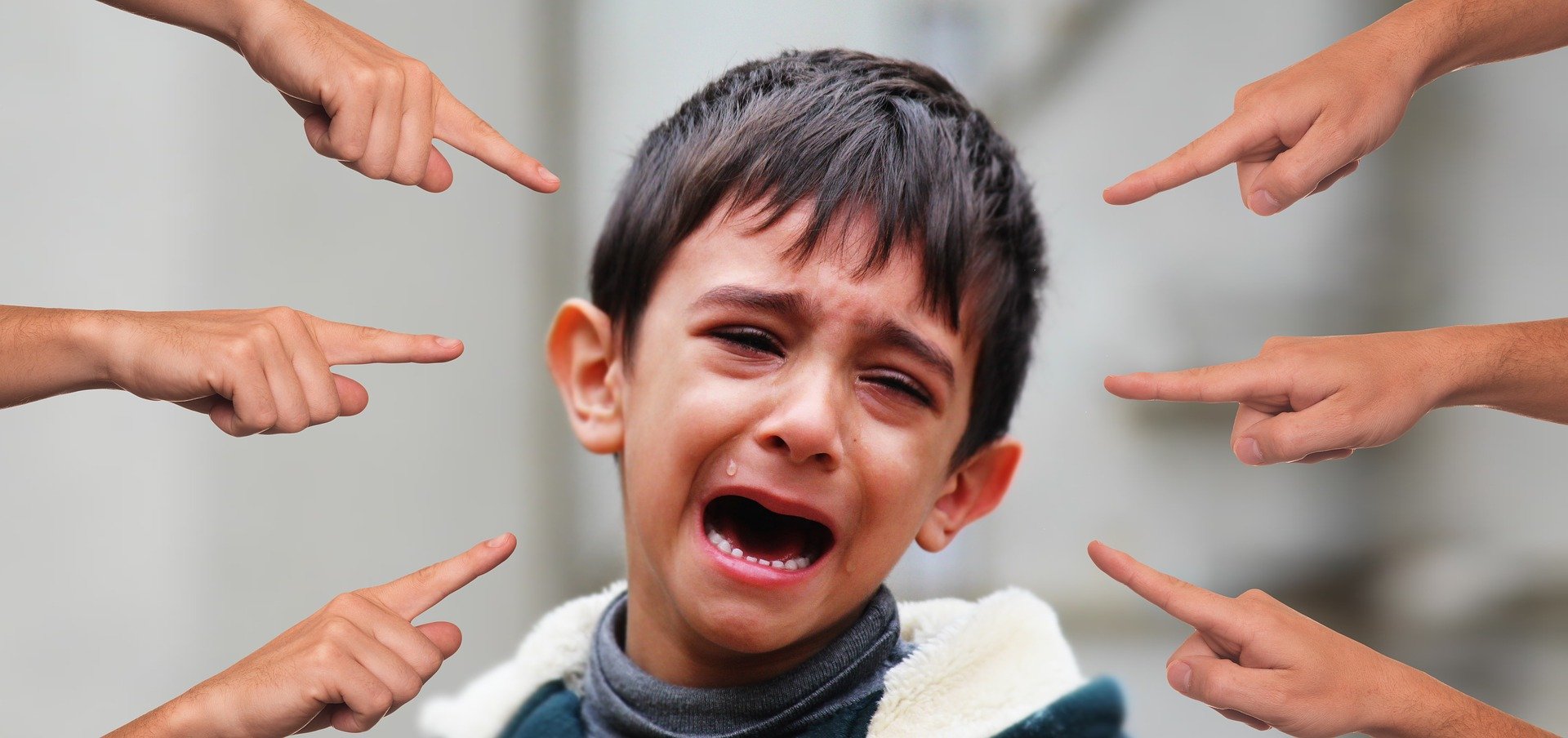
A child who is being bullied may feel alone and confused. They may become secretive or protective about their day or digital life. There may be a noticeable change in their personality – such as becoming angry, upset, or quiet. They may not want to go to school or behave badly in class when they are normally well behaved.
If your child is being bullied, they might not know how to handle it or who to confide in. They may feel it’s their fault.
If you suspect your child is being bullied:
Reassure them it’s not their fault and that they don’t deserve to be treated that way. Let them know that asking for help, rather than retaliating, is the best way to stop the problem.
Explain bullying in simple words – you could tell them that it is:
– saying or writing mean things – teasing, name calling, putting someone down, or mimicking them
– hurting someone by spreading rumours or gossiping about them online or offline, embarrassing them in front of other people, or encouraging other children not to include or be friends with them
– hurting a person’s body, or their belongings by hitting, kicking, tripping, pushing or breaking someone’s toys or special things.
Explain that the bully may feel insecure or think that picking on someone will make them more popular or in control. Some children might not know that it’s not acceptable to pick on someone different.
Encourage your child to walk away if they are being bullied and to tell you, their teacher or another adult when bullying occurs.
Encourage them to speak up for others too – ask your child if they know someone who is or has been bullied. Encourage them to befriend that child and include them while they are playing.






